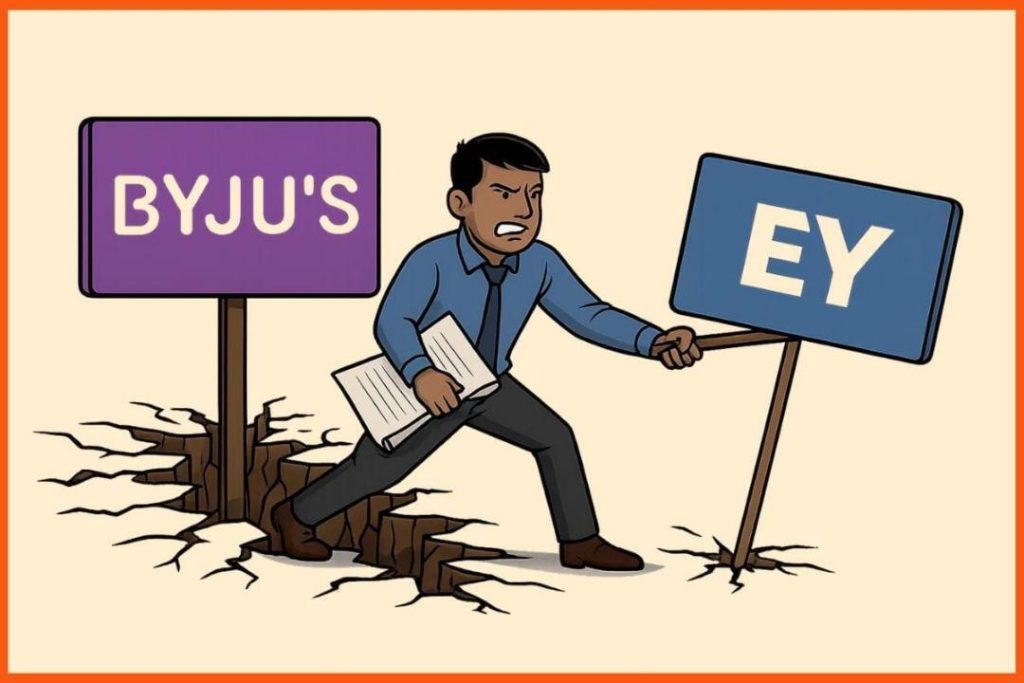
Aakash Accuses EY of Conflict of Interest in BYJU’S NCLT Dispute
The ongoing dispute between Aakash Educational Services Limited (AESL) and BYJU’S has taken a new turn with AESL filing a petition at the National Company Law Tribunal (NCLT) accusing Ernst & Young (EY) of professional misconduct and conflict of interest. According to the petition, EY advised both sides on financial deals that are now under scrutiny, challenging the legitimacy of BYJU’S case and EY’s neutrality.
The conflict of interest allegations are centered around EY’s role as the auditor and advisor to both BYJU’S and AESL. AESL claims that EY’s involvement in the financial deals between the two companies creates a conflict of interest, making it impossible for the accounting firm to remain impartial in the dispute. The petition alleges that EY’s dual role has led to the firm prioritizing its interests over those of its clients, which undermines the integrity of the NCLT proceedings.
The dispute between AESL and BYJU’S began in 2020 when BYJU’S filed a case against AESL at the NCLT, alleging that AESL had defaulted on a loan agreement. AESL has since contested the claim, arguing that BYJU’S had failed to provide adequate financial support to its subsidiary, Aakash Online.
The petition filed by AESL seeks to challenge the legitimacy of BYJU’S case, citing EY’s involvement as the primary reason for the conflict of interest. AESL claims that EY’s dual role has compromised the firm’s ability to provide unbiased advice and that the firm’s interests are aligned with those of BYJU’S rather than AESL.
AESL’s petition also raises concerns about the impact of EY’s conflict of interest on the NCLT proceedings. The petition argues that EY’s involvement has created a perception of bias, which undermines the integrity of the dispute resolution process. AESL is seeking an investigation into EY’s conduct and a declaration that the firm’s involvement in the dispute is invalid.
The conflict of interest allegations have significant implications for the dispute between AESL and BYJU’S. If EY is found to have engaged in professional misconduct, it could lead to the firm being disqualified from participating in the NCLT proceedings. This could potentially delay the resolution of the dispute and increase the costs associated with the litigation.
The response from EY and BYJU’S representatives has been awaited, but it is expected that both parties will deny the allegations and argue that EY’s involvement has not compromised its impartiality. EY has a reputation for maintaining high standards of professionalism and integrity, and it is likely that the firm will argue that its dual role has not created a conflict of interest.
In conclusion, the petition filed by AESL raises important questions about the role of accounting firms in the NCLT proceedings. The allegations of conflict of interest highlight the need for greater transparency and accountability in the financial services industry. As the dispute between AESL and BYJU’S continues to unfold, it will be important to monitor the developments and ensure that the interests of all parties are protected.
Source: https://startuptalky.com/news/aakash-drags-ey-into-byjus-battle/






